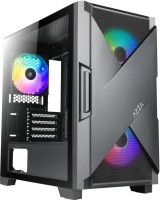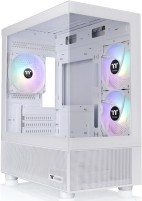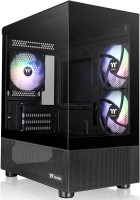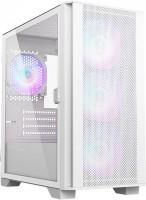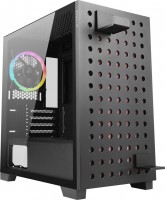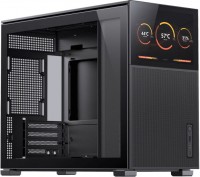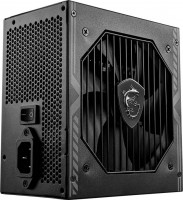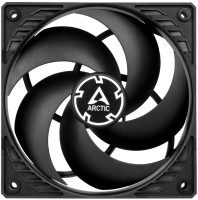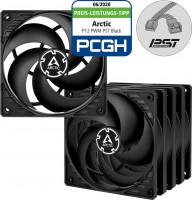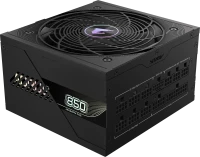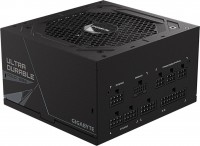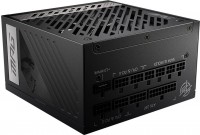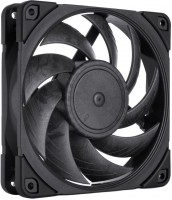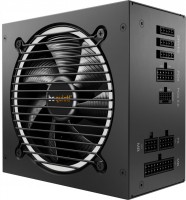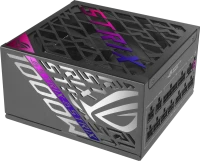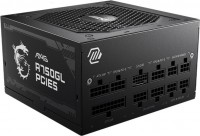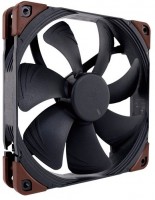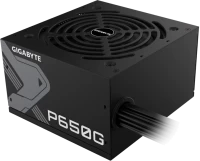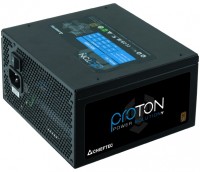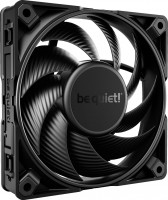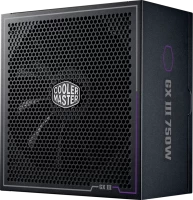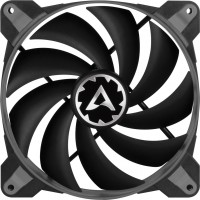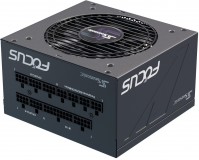Frontier Samburu black
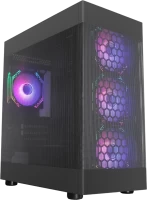 | Outdated Product Stylish, neat and roomy Mini Tower case from Frontier, which 100% corresponds to all design concepts of modern Airflow cases. The front panel is made of mesh material, behind the facade there are 3 fans that throw out excess hot air outside the case, another pre-installed fan blows on the components from behind. At the same time, the facade of the case and the side wall are made of translucent mesh material, which provides excellent airflow at any angle. The only difference from most similar cases is the lack of a viewing window, according to the manufacturer's idea, the backlight is already clearly visible through the mesh coating. Thanks to this approach, the owner of the case can be sure that the components will not overheat even in extreme heat and at the same time he will not have to...spend money on buying additional fans. In terms of capacity, Frontier Samburu exceeds the specifications of the Mini Tower format, practically not limiting the potential owner in any way in the choice of components: the manufacturer provides the ability to install video cards up to 330 mm long and CPU coolers up to 165 mm high, the only thing is that the motherboard tray is limited to the micro-ATX format. Among other features of the case, it is worth highlighting the ARGB fan backlight with support for all popular applications for backlight control, 2 platforms for medium-sized water pumps with a radiator up to 280 mm long, a pair of dust filters and a modern front panel with three USB ports, among which there is a modern USB C. |
Stylish, neat and roomy Mini Tower case from Frontier, which 100% corresponds to all design concepts of modern Airflow cases. The front panel is made of mesh material, behind the facade there are 3 fans that throw out excess hot air outside the case, another pre-installed fan blows on the components from behind. At the same time, the facade of the case and the side wall are made of translucent mesh material, which provides excellent airflow at any angle.
The only difference from most similar cases is the lack of a viewing window, according to the manufacturer's idea, the backlight is already clearly visible through the mesh coating. Thanks to this approach, the owner of the case can be sure that the components will not overheat even in extreme heat and at the same time he will not have to spend money on buying additional fans.
In terms of capacity, Frontier Samburu exceeds the specifications of the Mini Tower format, practically not limiting the potential owner in any way in the choice of components: the manufacturer provides the ability to install video cards up to 330 mm long and CPU coolers up to 165 mm high, the only thing is that the motherboard tray is limited to the micro-ATX format. Among other features of the case, it is worth highlighting the ARGB fan backlight with support for all popular applications for backlight control, 2 platforms for medium-sized water pumps with a radiator up to 280 mm long, a pair of dust filters and a modern front panel with three USB ports, among which there is a modern USB C.
|
| ||||||||||||||||||||||||||||||||||||||||||||||||||||||||||||||||||||||||||||||||||||||||||||||||||||||||||||||||||||
Always clarify the specifications and configuration of the product with the online store manager before purchasing.
Catalog Frontier 2025 - new arrivals, bestsellers, and the most relevant models Frontier.
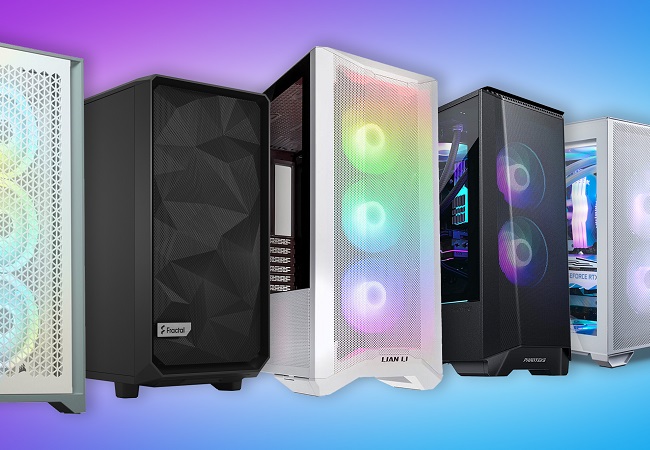

Breathable materials
Frontier Samburu is a translucent case with a side panel made of rigid metal mesh instead of glass. The front panel is made of the same material. This new trend in computer engineering improves air circulation while leaving the internal components visible. Easily removable dust filters are located at the top and bottom.
Quartet of Propellers
Three 12-centimeter fans with 5-volt ARGB are installed behind the front panel. The fourth similar propeller is mounted at the back. All of them are connected to the central backlight control hub. The case is designed for mid-sized Micro-ATX and miniature Mini-ITX motherboards. The video card fits up to 33 cm, and this includes the front fans.
Air or liquid
The processor tower fits up to 16.5 cm, but you can use a 280 mm liquid cooling system instead. The case is made of 0.7 mm thick steel sheets, which is why it weighs a solid 5.2 kilograms. Only full-size Full-ATX cases are heavier. The Reset and LED buttons are separated for convenience, although they are often one common button.



